As we sail through 2024, search engines form the core of our online experience. While Google may rule this space, there are prominent alternatives with distinctive features and privacy-oriented ideologies. This will open your eyes to different search horizons and knowledge about diverse options away from the mainstream.
In this blog, we will walk you through the top Google alternatives for privacy, environmental, or regional reasons. Many of these alternatives have numerous advantages and functionalities.
Bing
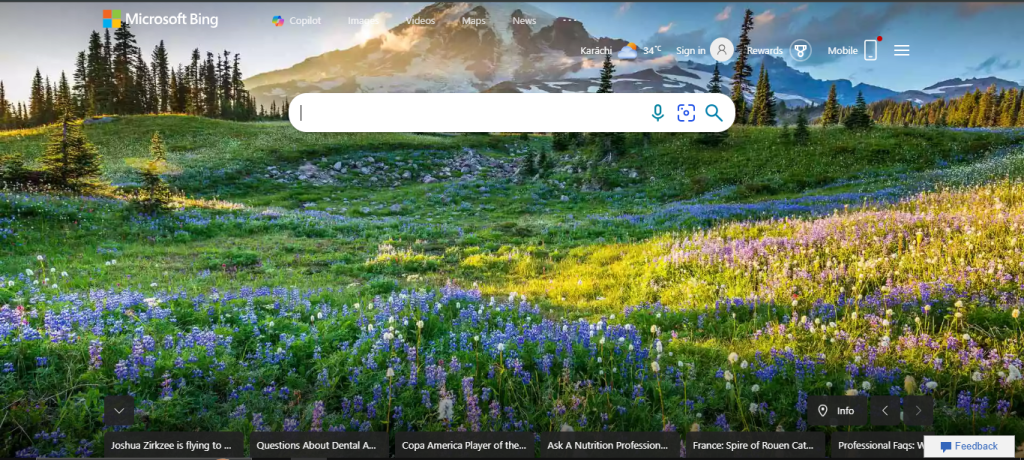
The Most independent, high-profile alternative for Google is Bing by Microsoft. Having been launched in 2009, Bing has risen due to contributions from deeply embedded Microsoft products, such as Windows and Office, along with dedicated server options. Known for its visually appealing homepage with daily background images, Bing emphasizes rich multimedia content and provides robust search capabilities.
This also powers Yahoo! search, thereby extending its reach still further. The tight integration with Microsoft’s services, strong multimedia search features, and efforts toward relevance and user experience make Bing a real option for those looking for another way of doing things in the search engines in 2024.
DuckDuckGo
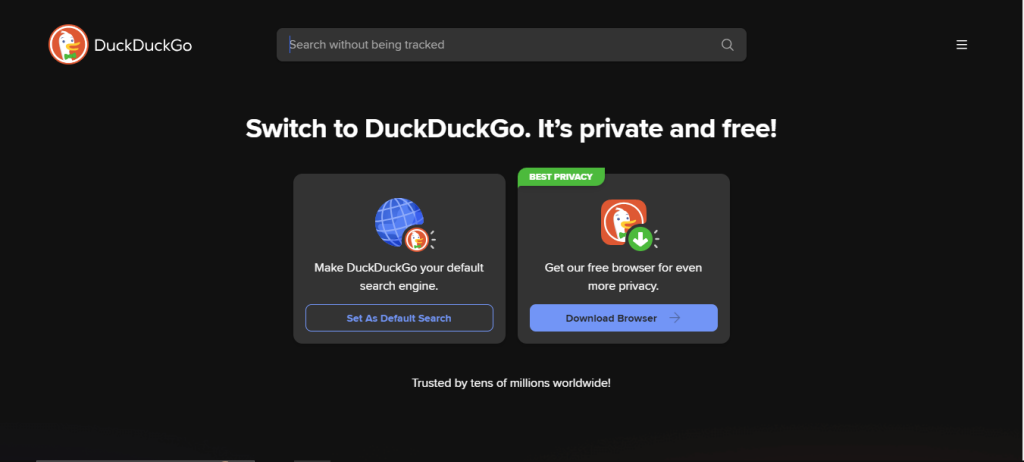
What has distinctly set DuckDuckGo apart among search engines is its strict commitment to the data privacy of its users. Founded in 2008, DuckDuckGo does not store or track users’ personal information, which has given it favor as online privacy and data security concerns mount. The results are unbiased and from many sources like Bing Yahoo!, among others.
Its minimalistic interface and clarity on privacy make it attractive to everyone looking to be anonymous on the internet. It follows that, in 2024, DuckDuckGo will continue to demand users seeking a private search engine that does not worsen either the quality or the scope of information delivered.
Yahoo!
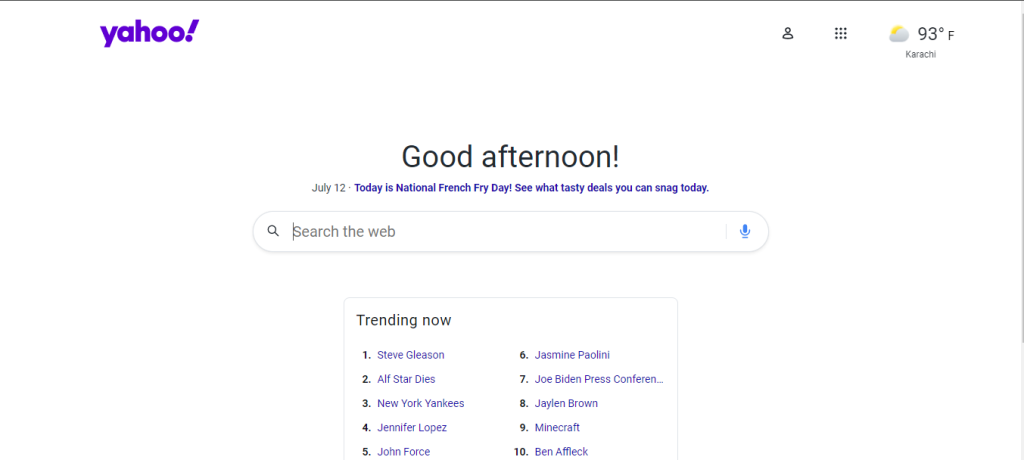
Yahoo! is still recognizable as another search option compared to Google. While it has used the engine from Microsoft’s Bing since 2009, Yahoo! shows major differences in features and interface. It flashes its news aggregation; mail services are tethered into results from all of its platforms in search, making it an integrated user experience.
While not as widely used as Google or Bing, Yahoo! doesn’t become irrelevant for its users’ core, and diversified services sustain it. In 2024, Yahoo! still provides a familiar search experience with access to news, entertainment, and other online resources through its search engine platform.
Baidu

Baidu is the leading Chinese search engine, capturing the largest data-driven market share by serving only Chinese-language users. Founded in 2000, it offers various services beyond simple search—such as maps and cloud storage—to AI-driven products. It operates within one of the most highly regulated environments in the world, abiding by the censorship regime and government regulations in China.
Baidu’s search engine has specific, relevant algorithms in operation for the Chinese language and cultural context, thereby ensuring that the relevant results feedback to the user occurs within China or, broadly, among Chinese-speaking communities worldwide.
Yandex

Yandex represents the largest search engine in Russia, providing a comprehensive set of services beyond conventional search applications. It is among the most popular internet search engines. The company was started in 1997 and provides search results, maps, news, email, and a long list of other services. Dominantly ruling the Russian-speaking market, it continues to exert influence in countries adjacent to Russia.
Search algorithms at Yandex are tailored to the Russian language and peculiarity of Russian culture; hence, all results are appropriate and correct in their context. With high-tech machine learning and AI, Yandex combines all these abilities to enhance the user’s experience and provide customized services.
Climb Search Engine Ranks With Optimized Server!
Want to be seen as first in search results? Use the best SEO VPS servers with UltaHost’s fast speeds and pre-configured setups. Host your Websites and Web Applications on our worldwide servers.
Ecosia
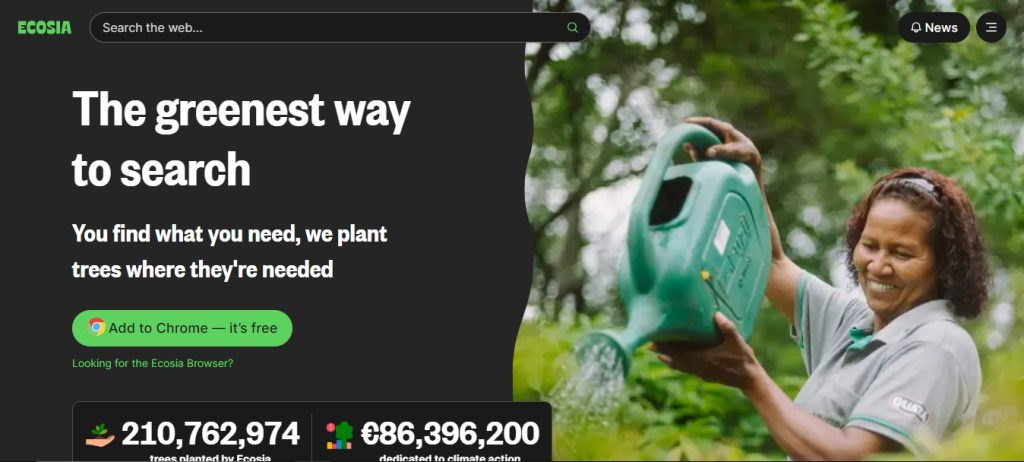
What sets Ecosia apart from other search engines is its strong ecological mission. Ecosia was launched in 2009 and uses ad revenue to plant trees worldwide. Ecosia is a very transparent company, and with every search, users can know their contribution to the environment by searching in the WHOIS Database. All in all, it has excellent and comprehensive web search functionality.
Bing powers results. It advertises itself as a carbon-neutral search engine and takes care of its ecological footprint. Ecosia will mobilize those interested in matters concerning the environment by enabling them to make a practical contribution towards reforestation while undertaking everyday online searches in 2024.
Startpage
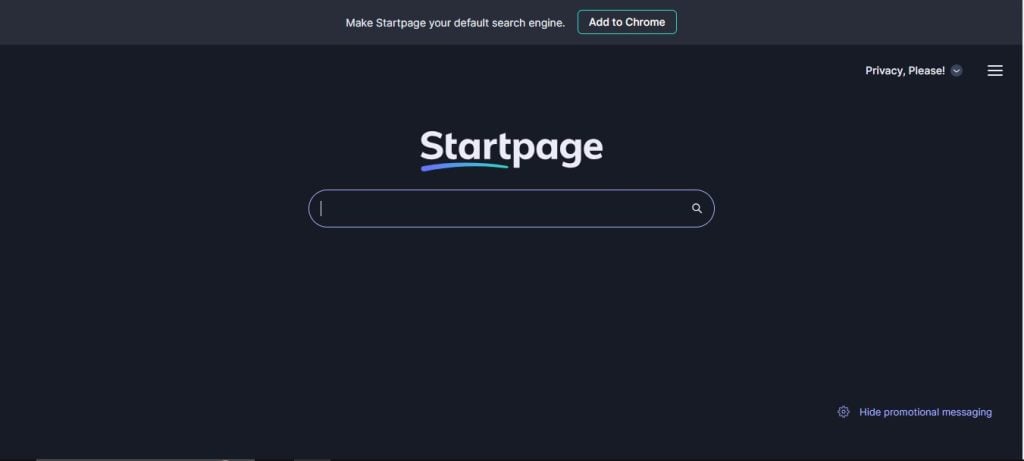
Startpage is built on respect for user privacy and anonymity regarding web searching. Since 2006, the search engine has provided users access to Google search results without storing or following their activities. Startpage acts as a warm, intermediate step in searches to ensure that what people are searching for remains anonymous.
This philosophy is also integrated into the browser extension and other tools Startpage offers to make life online more anonymous. Its ability to retain this commitment in 2024 means continuing appeal to users who want a private search without trading off breadth and relevance in search results.
Swisscows
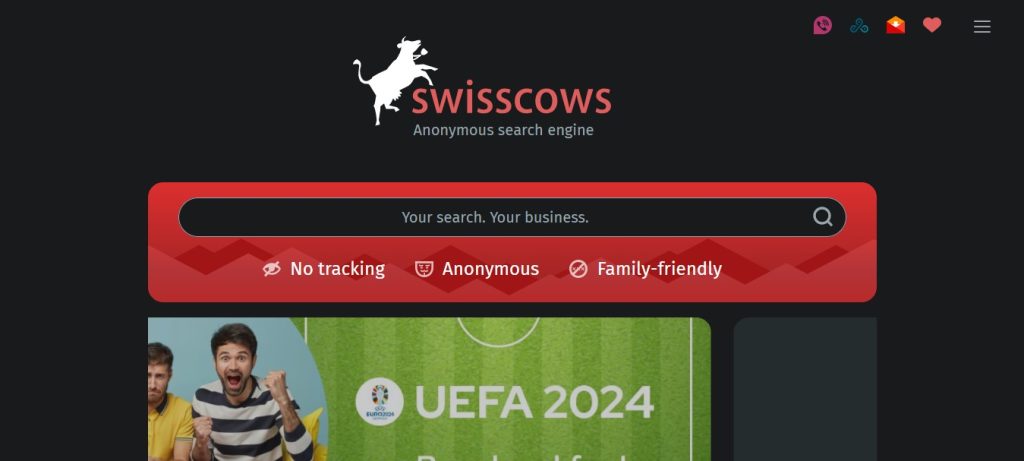
Swisscows is a privacy-oriented search engine; its headquarters are in Switzerland, a country known for seriously handling its data protection policies. Since its launch in 2014, Swisscows has shown consideration toward the user’s privacy by not tracking or saving personal information; therefore, all searches on this platform become anonymous.
Users can further optimize Swisscows with family-friendly filtering options, making the experience safer for users of all ages online. Swisscows remains, at the same time, the favorite in 2024 among people conscious of their privacy worldwide by giving a secure alternative to popular search engines: respect for user’s data privacy and data security would not come at the cost of search quality or its usability.
Qwant
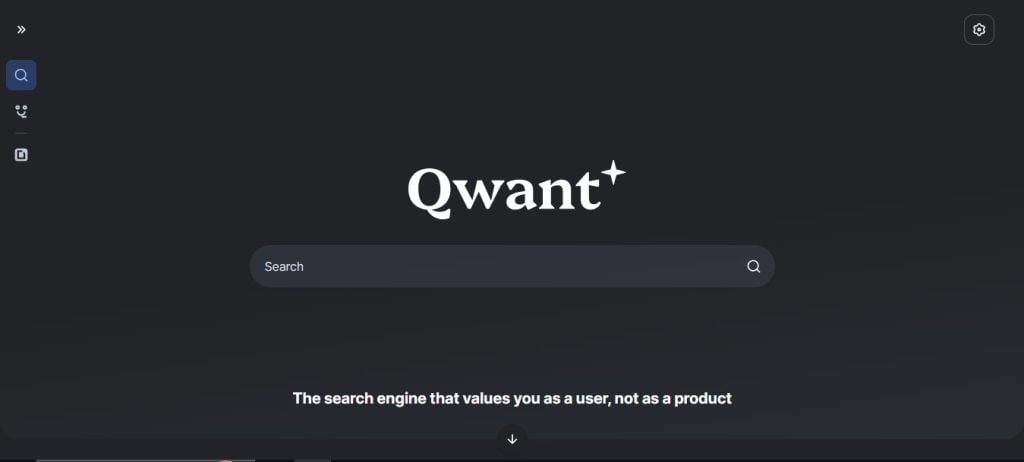
Qwant is among the best alternative search engines to Google. It is a French search engine that markets itself as highly considerate of its users’ privacy, with no tracking, yet neutral regarding search results. Founded in 2013, Qwant has not been tracking user activity or storing personal information. Utilizing other providers, like Bing and an independent web crawler, it maintains comprehensive and unbiased search engine results.
Qwant organizes and presents its results page in an appealing manner, thoroughly separating searches into web, news, images, and social media categories. Through 2024, Qwant keeps attaining browsers that value protection and see the requirement for an alternate search engine to the typical ones, which may respect clients’ incognito surfing and yield appropriate and assorted query items.
Brave Search
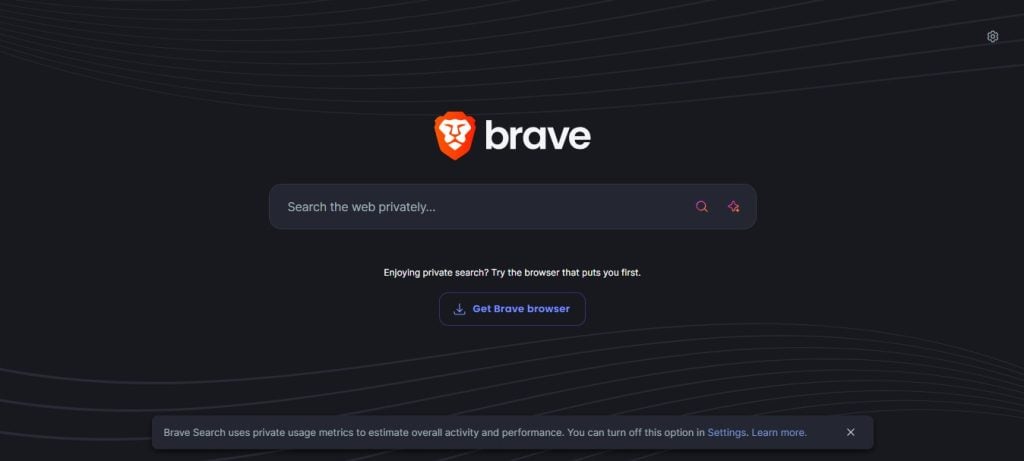
Brave Search is a search engine from Brave Software, the company behind the privacy-oriented web browser. It is optimized for use on Fast VPS. Going live in 2023, Brave Search aims to provide a much more transparent and user-centered alternative to the traditional search space.
Brave Search delivers search results via its index but also by way of community contributions. It touts transparency in ranking algorithms and empowers users with data control. As far as 2024 is concerned, the development status for Brave Search remains one of the available options for people looking for a search engine that respects privacy and is proactive regarding user empowerment.
Conclusion
If we discuss Google alternatives, we will bring up a long list of search engines. We will pay special attention to the needs and tastes of those considering alternatives to Google. Every search engine, such as DuckDuckGo, Startpage, and Brave Search, offers unique functionality. Privacy-oriented search engines like DuckDuckGo, Startpage, and Brave Search provide unique functionality.
More prominent regional players, like Baidu and Yandex, also offer unique functionality. Privacy is a concern for some users. They may consider alternatives to Google due to environmental impact. In more concentrated contexts of language and culture, users might prefer certain alternatives.
Consider using UltaHost’s .com domain extension to convert users from search engine results to your website. With UltaHost’s .com domain, you can show your authenticity to any user. UltaHost’s pricing structure is transparent from the outset and has no hidden charges.
FAQ
Why would we consider utilizing an alternative search engine other than Google?
Alternative search engines like DuckDuckGo prioritize privacy for their users and offer tailored features that match their needs, such as sustainability or regional interest.
How do alternative search engines stack up against Google for relevant results?
Yes, many alternative search engines apply very good algorithms and source either Bing or independent spiders to provide search results that vary widely and are without bias.
How do search engines that are privacy-focused protect my data?
Privacy-respecting search engines like Startpage and Swisscows don’t track or store information about you; they allow you to stay anonymous while browsing.
Can Baidu and Yandex be useful outside their native regions?
Yes, there are indeed regional search engines, for instance, Baidu in China or Yandex in Russia, whose country-specific relevance helps to make their search results culturally and linguistically appropriate and correspondingly useful.
How can I help the environment by using Ecosia for searches?
It plants trees worldwide with the ad revenue generated from searches. Just by searching on Ecosia, you can contribute to reforestation efforts all around the globe.








